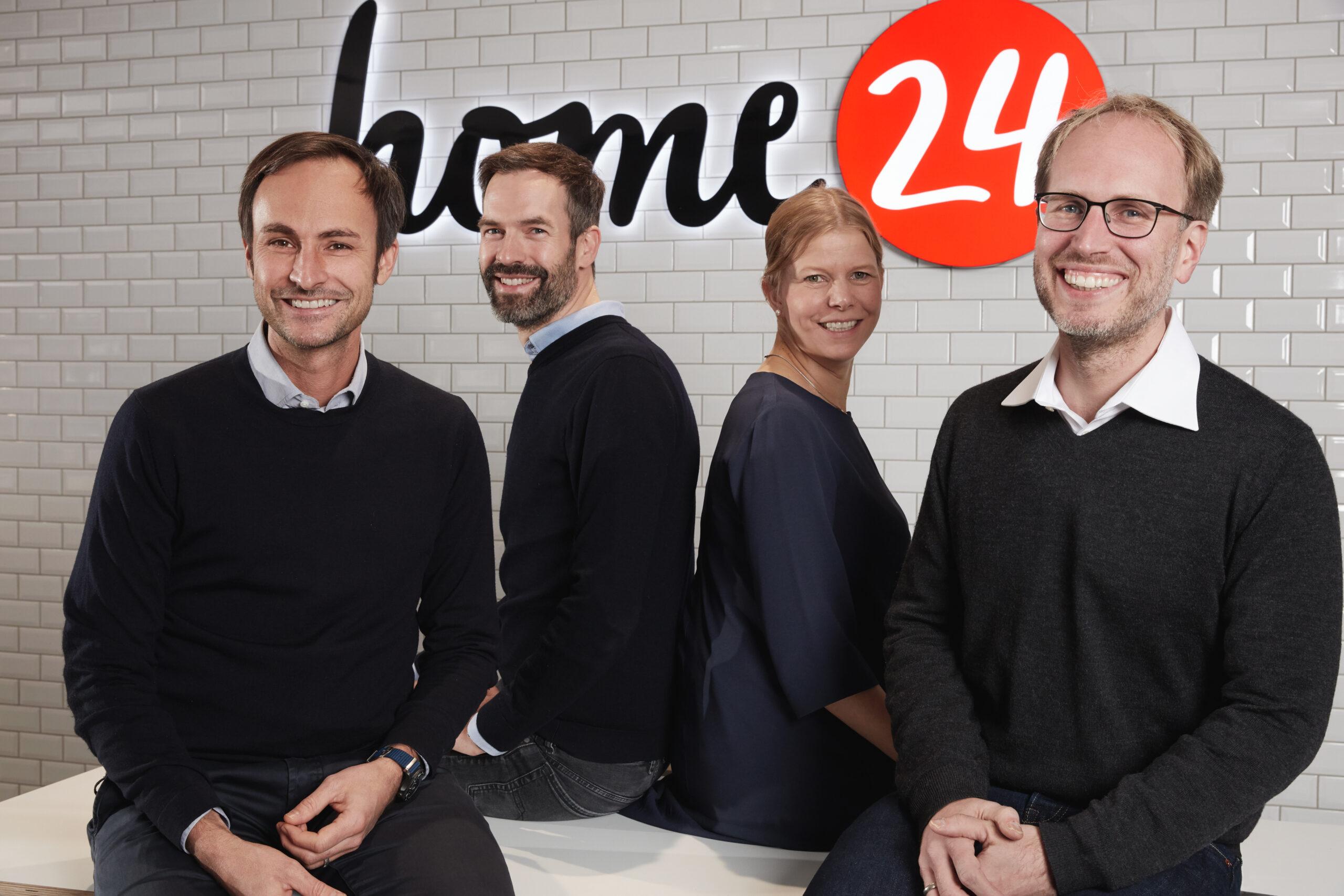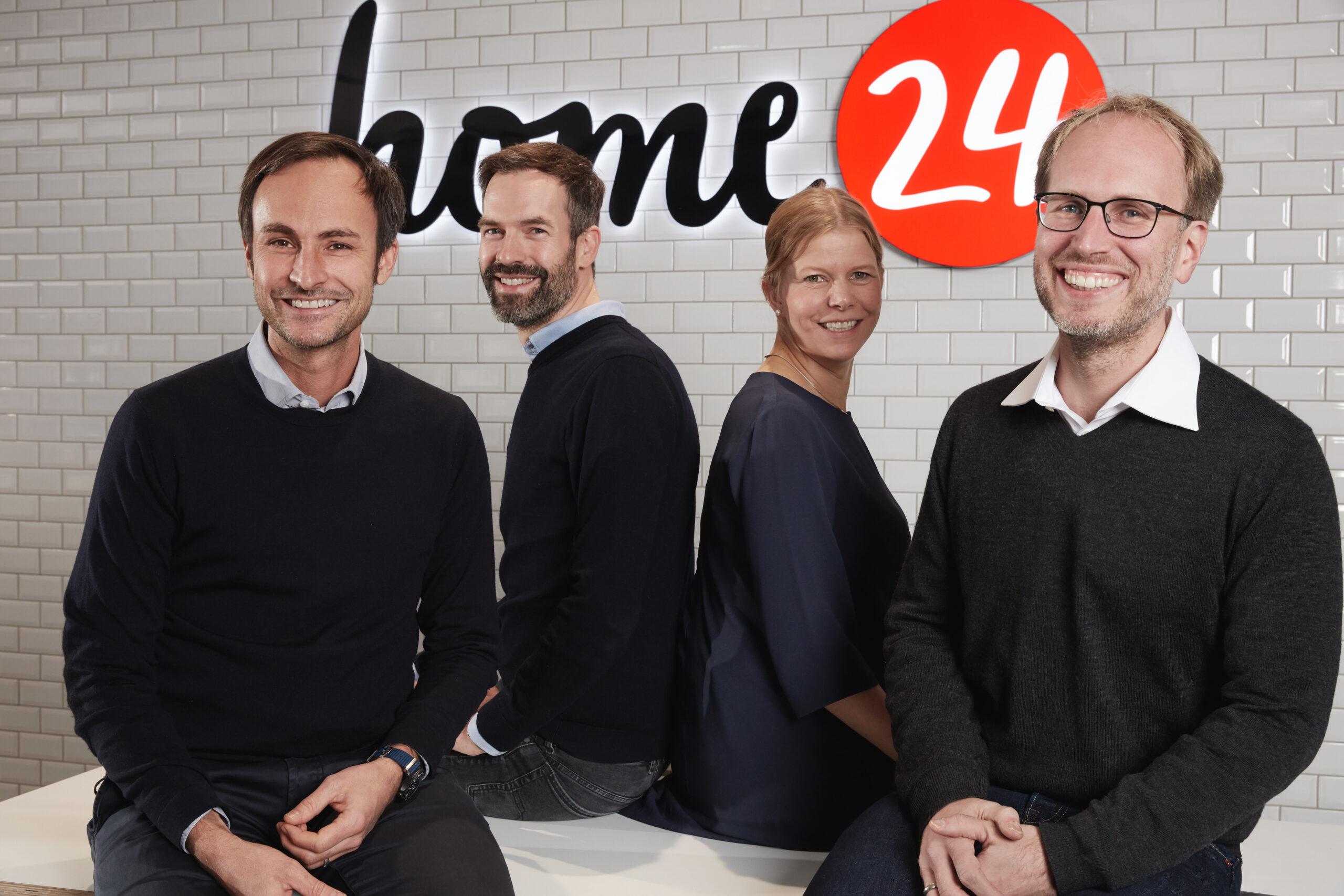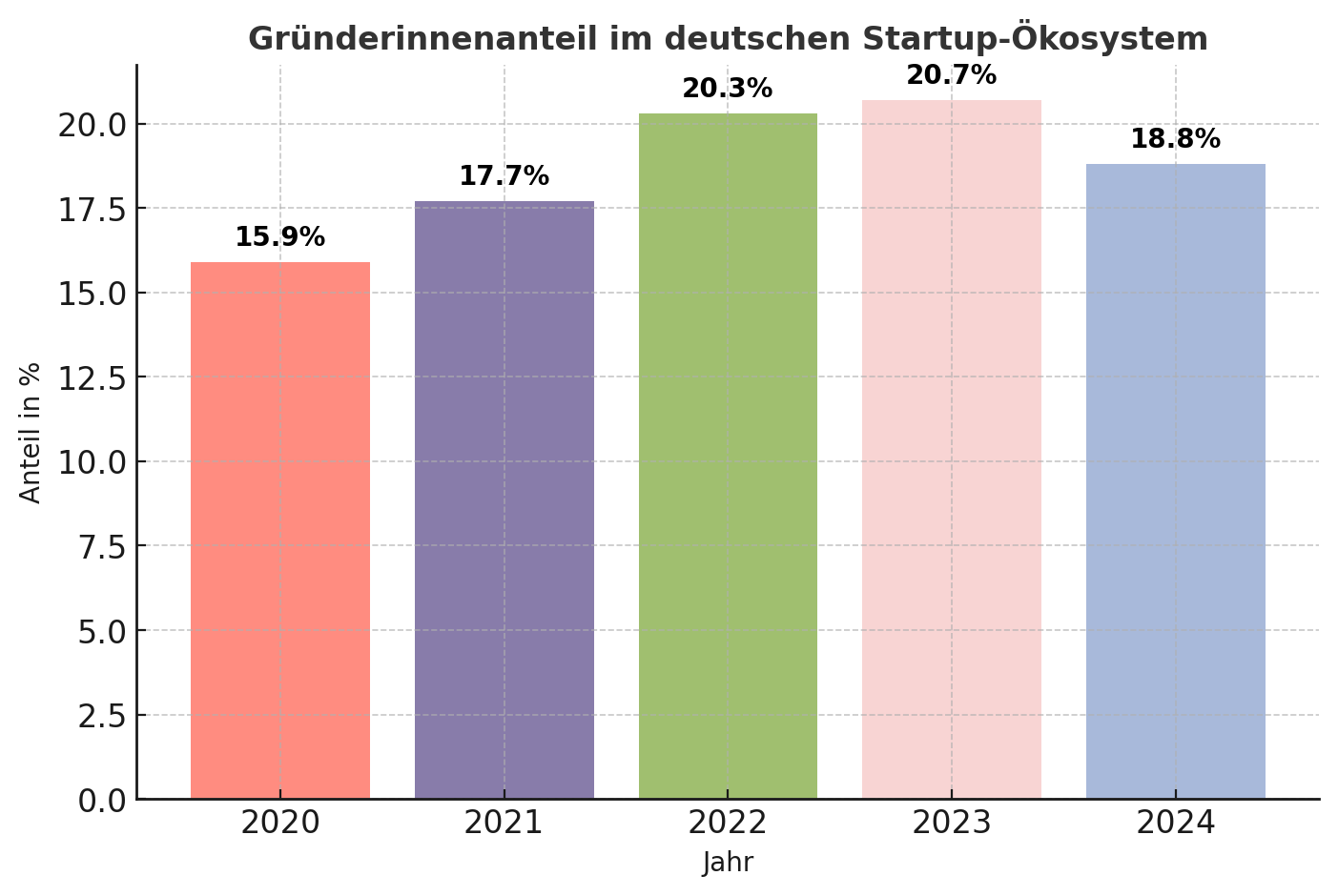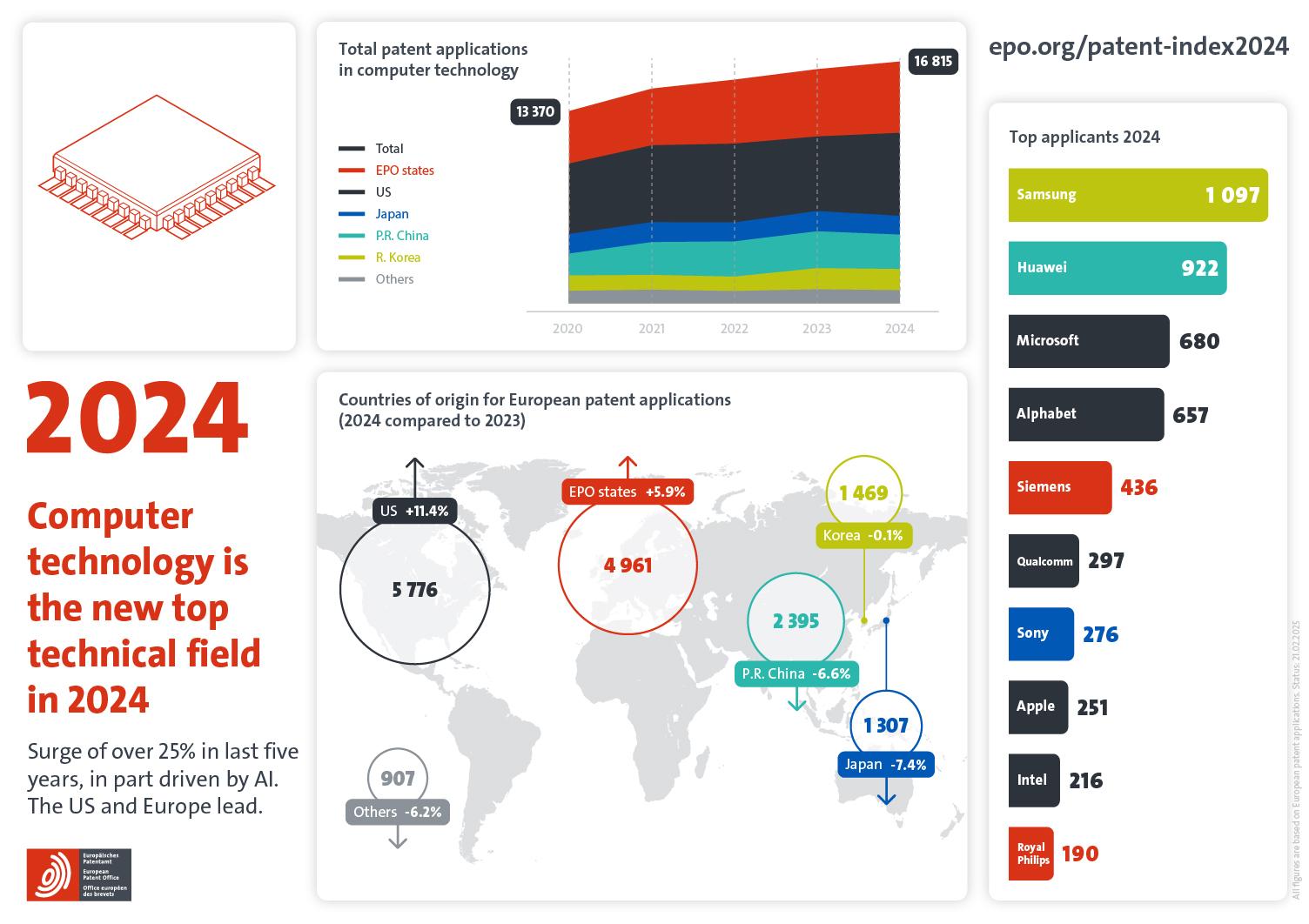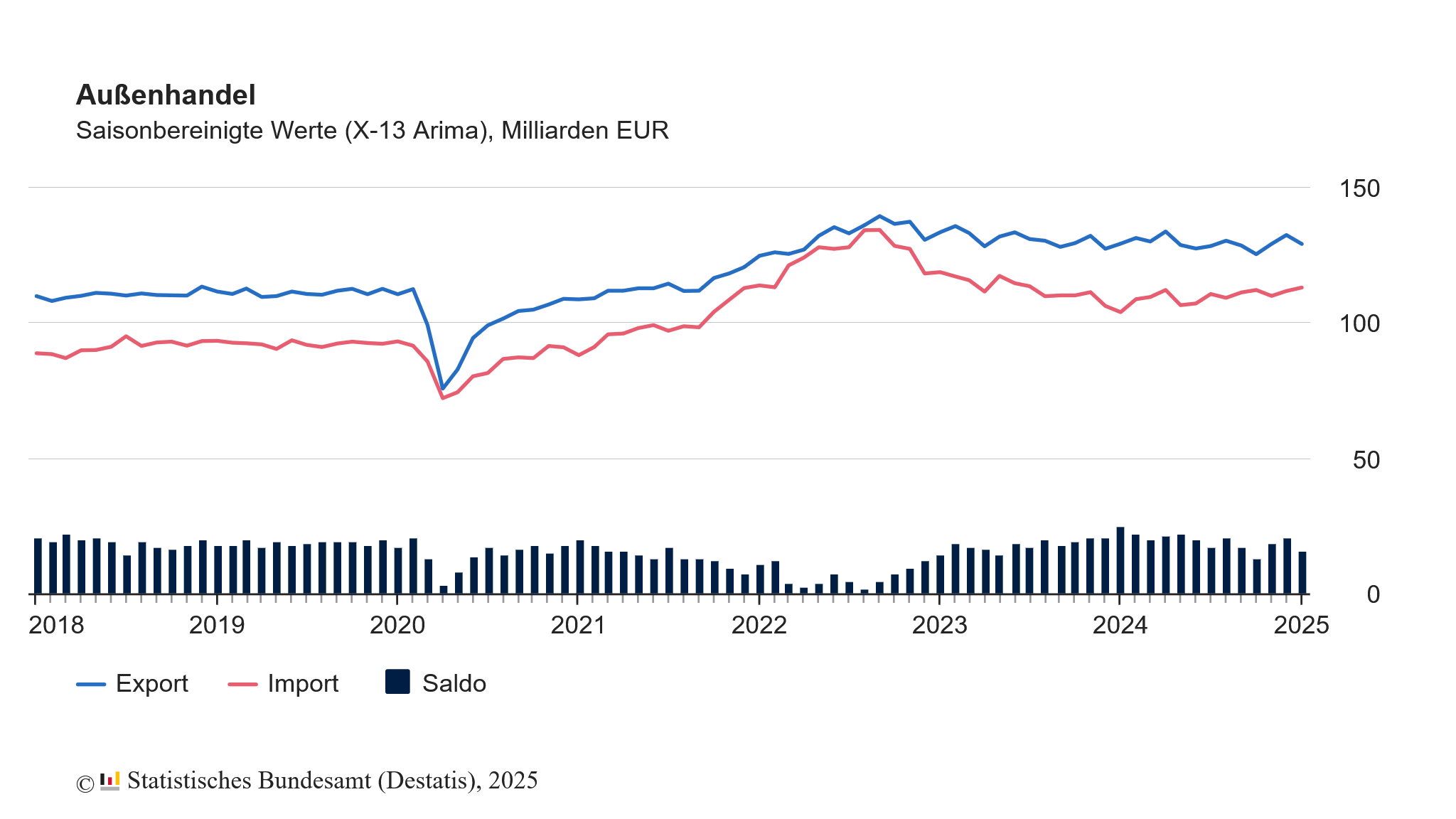Furniture start-ups experience a record year
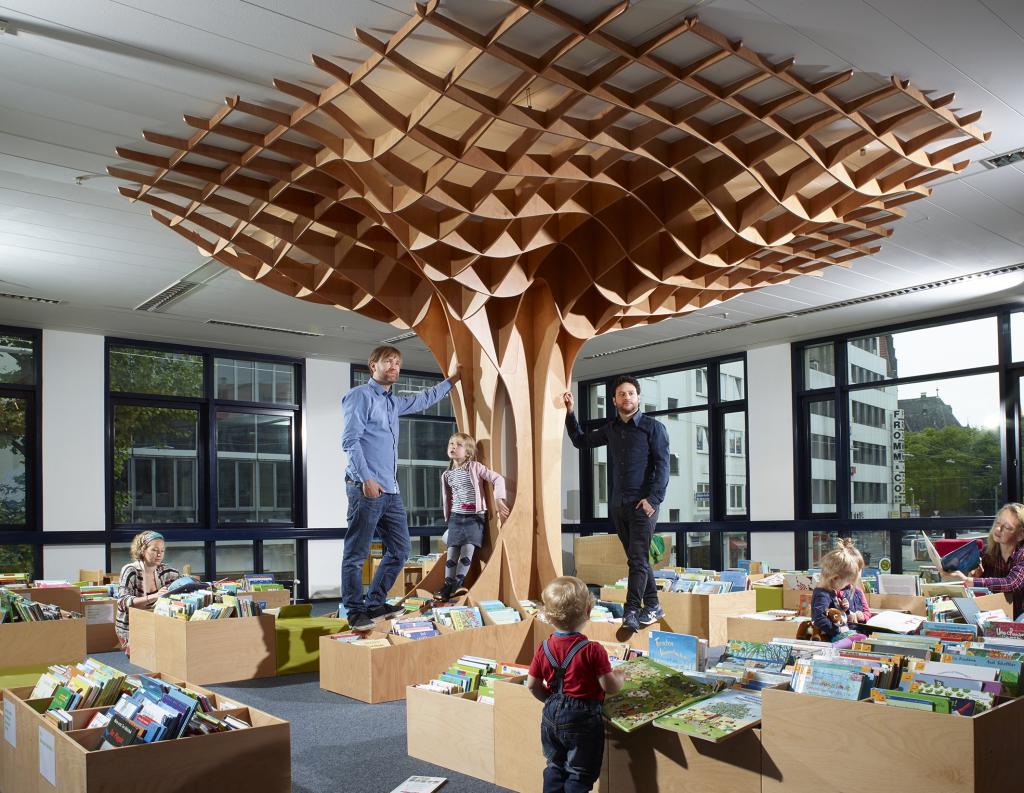
Start-ups from the furniture industry recorded some of the best months in their history in 2020. They hope that the business model will survive the pandemic.
When stores, schools and restaurants had to close for the first time in March and public life was almost completely shut down, form.bar in Saarbrücken noticed how more and more people were accessing the young company's website. And when the economic forecasts became increasingly gloomy and companies had to put their employees on short-time working, the start-up achieved record results.
"We have benefited greatly so far during the coronavirus period," says Alessandro Quaranta, founder and CEO of the Saarbrücken-based start-up Okinlab, a laboratory for architecture that operates the design platform form.bar. At form.bar, users can design furniture to the centimeter and view it in three dimensions. "We don't send furniture, we send data," says Quaranta, explaining a core element of the business model. Form.bar works with one hundred local joineries, which mill the furniture and deliver it within four to six weeks. Form.bar can now be used in more than 25 countries. Although Quaranta does not want to give exact business figures, May and November were the best months in the company's history.
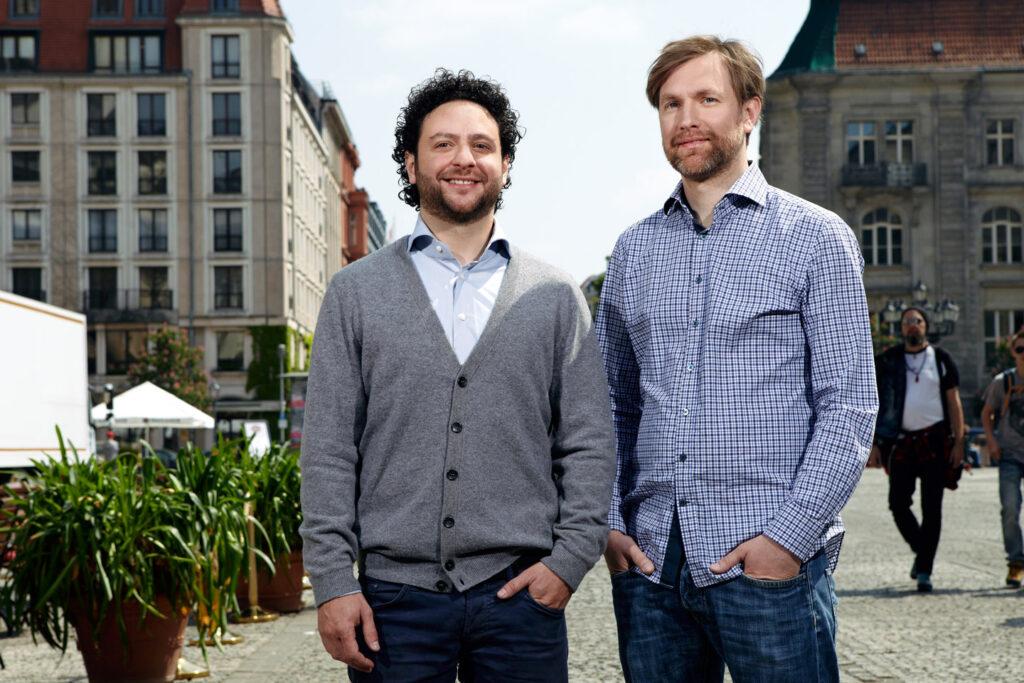
Not only form.bar is apparently posting record figures, but many start-ups in the furniture industry. Corona was a growth driver for them, as many people had to or wanted to refurnish their homes. Online furniture retailer home24 is talking about the best quarter in the company's history for the second time in 2020. In the third quarter, home24 increased its turnover by 54% year-on-year to EUR 118 million. The furniture supplier from Berlin already reported enormous growth in the second quarter and was profitable for the first year in a row in the summer.
The value of the Home24 share increased sixfold
Home24 sees the reason for the good news in the expanded platform and "the beneficial effects of demand from both new and existing customers". In the past six months alone, the start-up has gained 400,000 new customers. The company's share price climbed from a low of less than three euros in March to just under 18 euros, a six-fold increase in eight months. At the end of the year, Home24 was promoted to the SDAX, the stock market index for small companies.
The start-up Westwing also increased its figures. The Munich-based company sells furniture and decorations to registered users. Turnover in Q3 amounted to 98.6 million euros, an increase of almost 66 percent compared to the same period last year. Westwing has only been a public limited company for just under two years. At the beginning of the year, a share was available for less than three euros; just before Christmas, the share price was over 31 euros, once again exceeding the issue price of 2018.

However, it is not only furniture sellers who can benefit from coronavirus, but also furniture rental companies. For the start-up Lyght Living Furniture Leasing from Neu-Isenburg near Frankfurt, the onset of the pandemic changed everything. "Office furniture projects suddenly had to have completely different layouts than before the pandemic," says founder and Managing Director Daniel Ishikawa. For example, desks now have to be further apart and new partitions have to be installed.
Customers were unavailable for weeks at the beginning
At the beginning, it was not at all clear whether Lyght Living Furniture Leasing would be able to benefit, says Ishikawa. For example, some customers were unavailable for weeks at the start of the pandemic - an uncertain time for the company. But then they also registered increased demand in Hesse. Furniture for the home office was particularly popular this year. An office package with a chair and table can be rented for four weeks from 200 euros. "The short rental period offers our customers flexibility that they would not have with a purchase," says Ishikawa. Many companies have their employees' home offices furnished by furniture rental companies. This means they only need to rent desks and chairs for as long as they need to work from home. According to the start-up, it is expected to close the third and fourth quarters with 30 percent more turnover than in the previous year.

But as fast as the start-ups have grown, they are still nowhere near the market leader Ikea. Ikea generated 861 million euros in e-commerce in the financial year to August 31. Compared to the previous financial year, the Swedes have thus increased by 74 percent. The furniture retailer now earns almost one in five euros online. Since this summer, the Ikea app is no longer just a product showcase; customers can also order and have items delivered from the app. The company now wants to discontinue the printed catalog, as the online business takes priority.
Quaranta from form.bar and Ishikawa from Lyght Living Furniture Leasing are also convinced that the digital business will continue to grow. Ishikawa believes that the home office will remain in place for longer, even when coronavirus is over. In addition, his customers are already asking him for furniture for rent more often for sustainability reasons, a trend that will become much more important in the coming years, according to the founder.
Providers from the region could benefit
In the future, it will depend on how loyal customers remain to online furniture retailers. Claudia Loebbecke, Professor of Media and Technology Management at the University of Cologne, sees the advantage for online retail in furniture that does not need to be tried on, such as wardrobes or tables. "Although the competitive pressure is even greater in e-commerce because customers can compare almost anywhere in the world, the logistical challenges certainly speak in favor of suppliers in the region."
For start-ups such as form.bar, there is a great opportunity in the development of software that allows customized furniture or three-dimensional planning of furnishings. "However, such software providers will probably be bought up by larger furniture chains in the near future, as logistics are likely to be more demanding than the use of software in the medium term," says Loebbecke. According to the economist, start-ups in the higher price segment will also grow as a result of increasing digitalization.

Newsletter
Startups, stories and stats from the German startup ecosystem straight to your inbox. Subscribe with 2 clicks. Noice.
LinkedIn ConnectFYI: English edition available
Hello my friend, have you been stranded on the German edition of Startbase? At least your browser tells us, that you do not speak German - so maybe you would like to switch to the English edition instead?
FYI: Deutsche Edition verfügbar
Hallo mein Freund, du befindest dich auf der Englischen Edition der Startbase und laut deinem Browser sprichst du eigentlich auch Deutsch. Magst du die Sprache wechseln?






